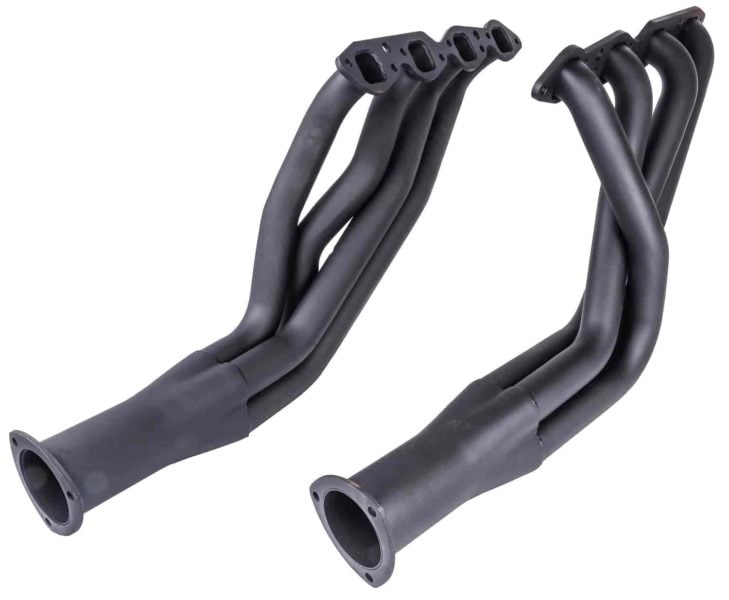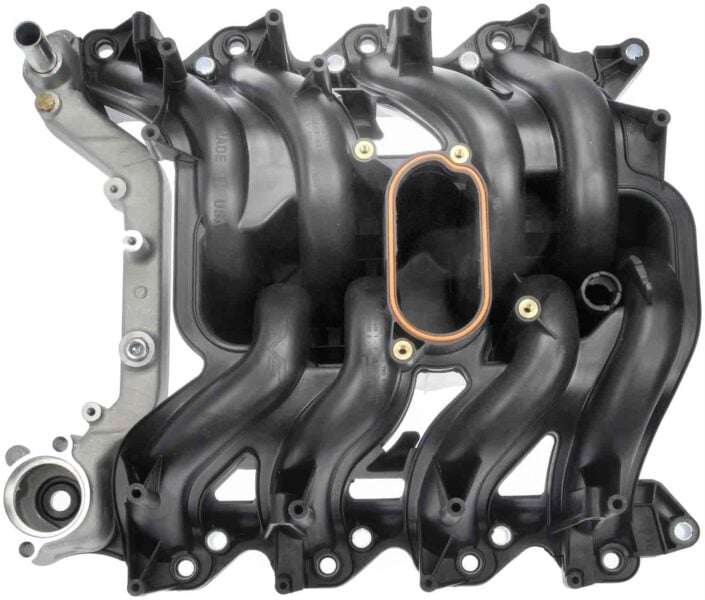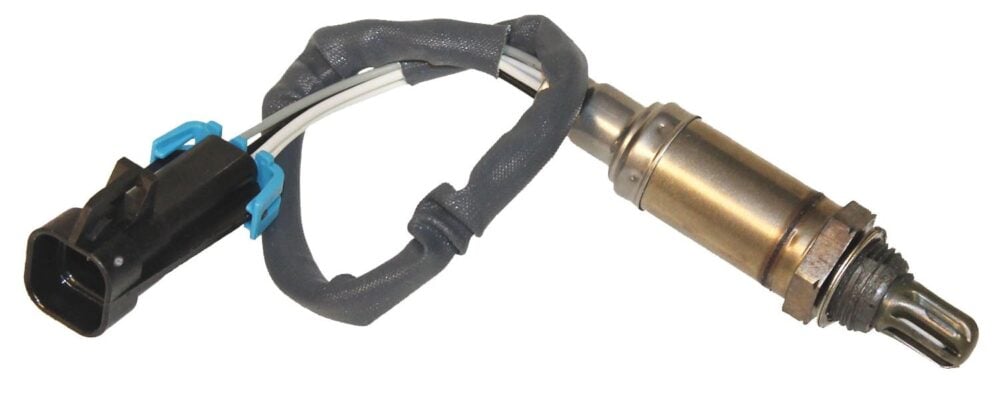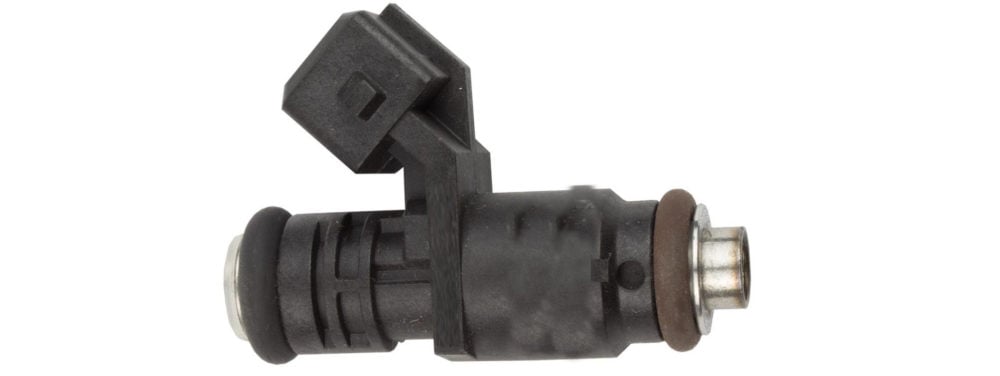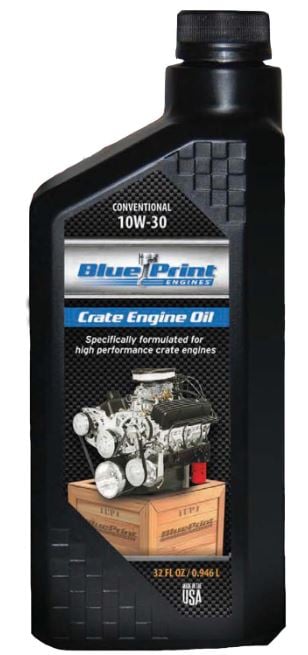
Love it or hate it, the Chevy 350 Small Block engine has been around for ages. In fact, it first appeared in 1967 and ran up to 2003 in 350ci form. As a result, the Chevy 350 tag has been applied to the entire small-block family, spanning displacements from 262ci to 400ci. Talking about the 350ci variant, it produced as low as 145hp during the Malaise era of the seventies and reached as high as 370+ hp during better times.
If you’ve recently acquired a fine automobile with a Chevy 350 engine, you might be wondering about things such as which oil does the Chevy 350 use, what is the Chevy 350 oil capacity, and more. Today, we’re going to talk about your Chevy 350’s oil requirements.
Looking for the right oil and filter for your Chevy 350-equipped automobile? Just hit up our relevant section and get shopping right away. If you’re not sure what to pick, our experts will help you.
Understanding Your Chevy 350 Small Block Engine
The Chevy 350 first appeared in 1967 on the Chevrolet Camaro as a high-performance engine option. The Chevy 350 has been seen as standard or an option on many Chevrolet vehicles sold in North America as well as a few overseas territories. It’s been the staple power plant for the Chevrolet Corvette too. Other brands such as AM General, Buick, Cadillac, GMC, and Pontiac have also used the Chevy 350. Even the famous Oscar Mayer Wienermobile was powered by a Chevy 350 in its 2000 iteration.
The Chevy 350 displaces 350ci or 5.7 liters and uses an overhead valve cylinder head with two valves per cylinder. It’s got a 4-inch bore and a 3.48-inch stroke. The cylinder heads are made from cast iron or aluminum, and most blocks are made out of cast iron. When it initially entered production, Chevy 350s were carb-fed with single or dual 2-barrel or 4-barrel carbs, depending on performance variant. Later on, it received electronic fuel injection around 1982 on some variants, and by 1990, all Chevy 350s sold thereafter were fuel injected. Initially coming with mechanical camshafts, the Chevy 350 received hydraulic camshafts by 1972.
The 350 range produced between 145 horsepower and 370 horsepower from the factory, with torque outputs ranging from 220 pound-feet to 350 pound-feet. Notably, the 350 offers significant range for aftermarket tuners, with a variety of intake and exhaust mods producing noteworthy power increases. Older Chevy 350s also respond well to larger carburetors. Forced induction via turbocharging or supercharging is possible as well, but it’s recommended to upgrade internals such as the pistons and connecting rods if one is seeking large power gains.
While there have been no less than 17 variants of the Chevy 350 over the years, there are quite a few interchangeable parts, allowing owners to upgrade an older Chevy 350 to a newer one in some ways.
The Chevy 350 is generally reliable, with no major faults or issues to report. It’s not uncommon to hear of well-maintained 350s pushing past 200,000 miles without requiring any significant attention. Some later 350s are known to have issues with their Optispark distributor system (LT-Series in Corvettes, Camaros, and Firebirds), as well as fuel pumps failing. Both problems are easily fixed with aftermarket components that stand up better than the OEM variants, and we at JEGS can help you out if you need these.

What Kind of Oil You Will Need
Chevy 350s do not need expensive synthetic oil, as they are designed to run happily on mineral oil. Typical grades of oil that Chevy 350 owners use are 10W-30 or 10W-40. If you’re running your Chevy 350 in an area with harsh winters, you may want to use an oil with a lower viscosity rating in cold conditions or check out an engine block heater. Talk to us at JEGS for solutions if necessary.
One additional and important thing to consider when choosing oil for your small block Chevy: Unless it has a roller lifter camshaft, it's highly recommended to use a "race oil" or an oil additive containing zinc phosphate / ZDDP. In the late 1990s it was discovered that the zinc phosphate found in oils increased exhaust emissions from vehicles and was removed from many oils. In addition, manufacturers used roller camshafts to improve engine performance and efficiency. The zinc phosphate adds increased lubrication, which is critical for non-roller camshafts found in older small block Chevy engines (and many others). Without the zinc in the oil, camshafts and lifters will wear more rapidly and fail, requiring replacement.
You’ll also need to change your oil filter, and the recommended brands are Delco and Fram, as they bear SAE (Society of American Engineers) approval. In case you’re wondering how much oil your Chevy 350 will drink for a change, it’s around five quarts for an unmodified engine.
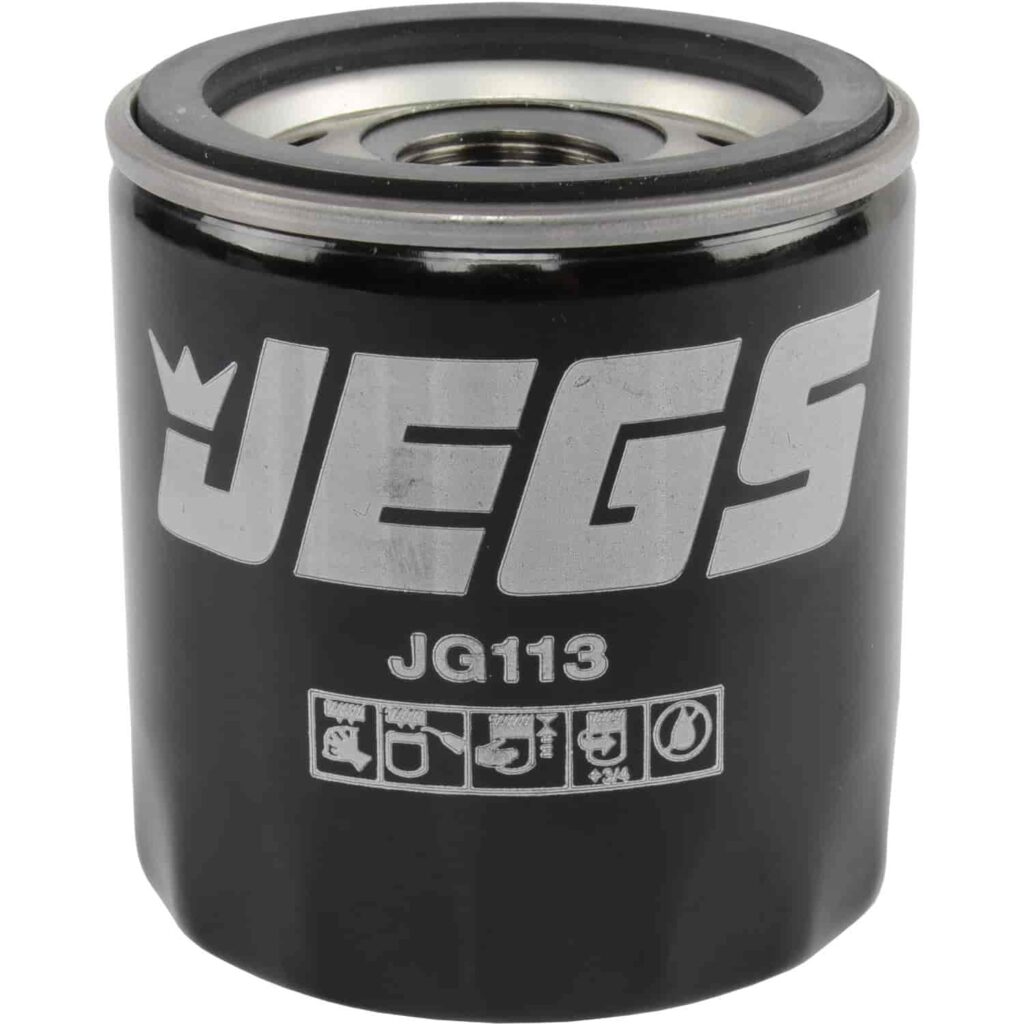
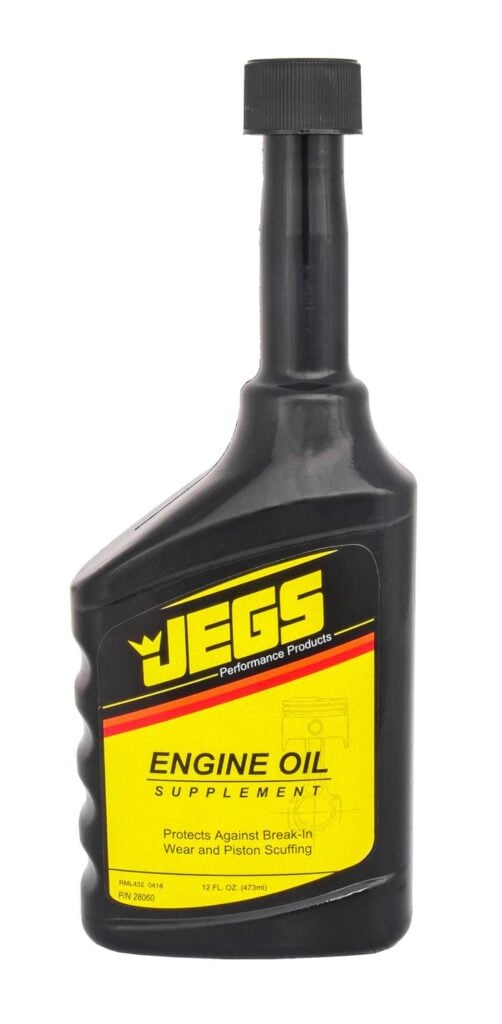
What Is the Best Oil I Can Use?
Here are a few more tips from us to bear in mind, other than oil changes, to keep your Chevy 350 running at its peak.
Don’t forget to change the oil filter as well, each time you change the oil. The oil filter captures impurities, metal shavings, sludge, and other dirt that gets picked up by the oil as it circulates through the engine. The filter has a finite life, and must be changed at every oil change.
Remember, if your Chevy 350 is old or has high mileage on it, you might want to reduce your oil change intervals. While newer Chevy 350s can go 5,000 miles between changes, it’s recommended to follow a 3,000-mile regimen for older examples with more miles on the odometer.
As well as oil changes, you’ll also want to check and clean items such as the air filter, carburetor or fuel injectors and throttle body. It‘s part of a tune-up, and it ensures that your Chevy 350 is performing at its peak. For an older Chevy 350, it’s recommended to do this around once every 12,000 or 15,000 miles.
Everything For The Chevy 350 At JEGS
The Chevy 350 is one of the most popular engines, and we at JEGS respect it. We have many maintenance and performance parts for this fantastic power plant to help it run better and make more power if desired. We’ve helped plenty of Chevy 350 owners realize the true potential of their engine, and they’ve been stunned by the results. Why not join them?
